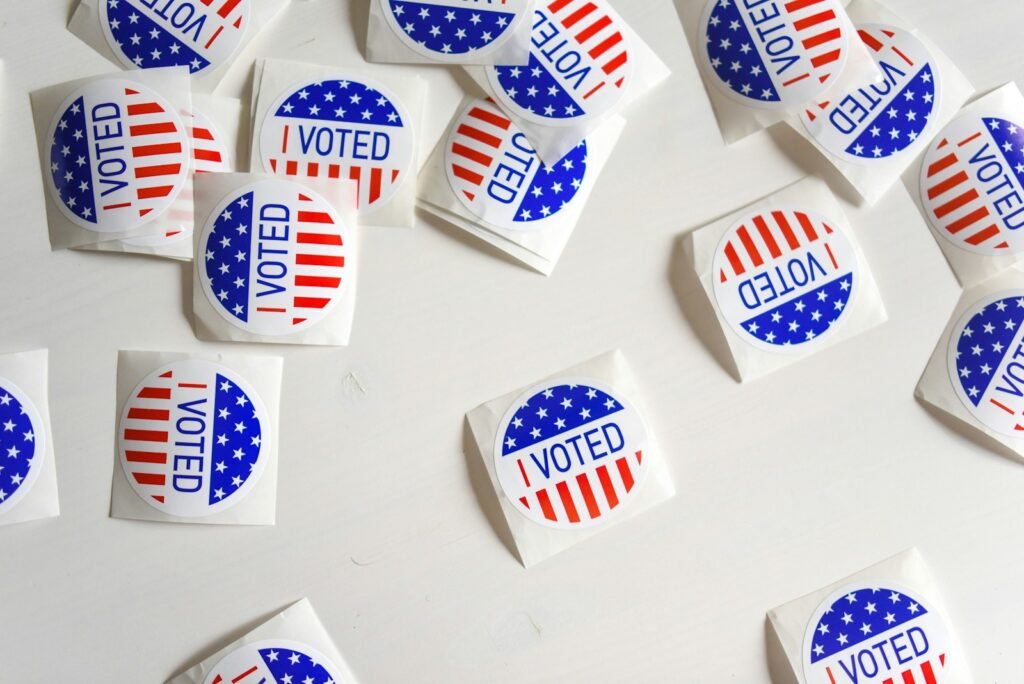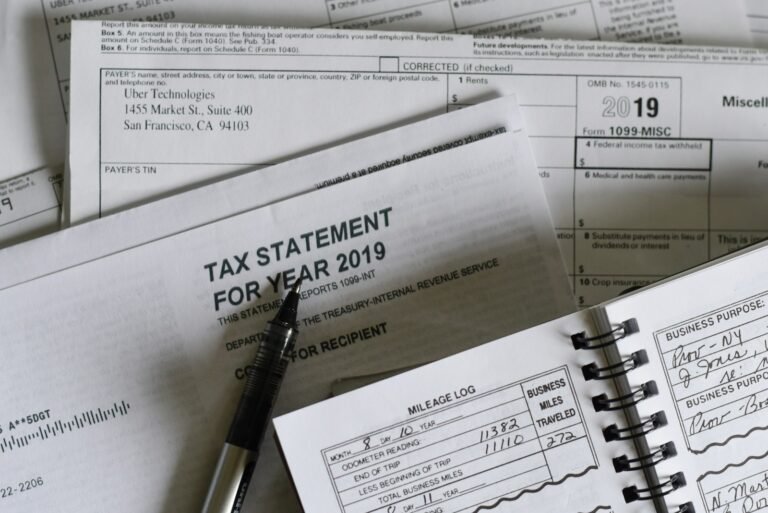
NEW CITY, NY – A legal dispute challenging the validity of the 2024 Presidential and U.S. Senate election results in Rockland County is advancing, following a decision by New York Supreme Court Judge Rachel Tanguay last Thursday. The court has mandated that the case, initiated by the advocacy organization SMART Legislation, move into the discovery phase, which will permit the gathering of evidence, depositions, and a closer examination of the county’s certified election results.
The lawsuit, submitted by SMART Legislation—the advocacy division of the nonpartisan election oversight group SMART Elections—calls for a complete hand recount of all Presidential and Senate ballots in Rockland County. The organization contends that statistical irregularities and sworn voter affidavits present significant concerns regarding the reliability of the official vote tallies.
“There is clear evidence that the Senate results are incorrect, and there are statistical indications that the Presidential results are highly unlikely,” said Lulu Friesdat, founder and executive director of SMART Legislation. “If the results are wrong, that’s a direct violation of voters’ constitutional rights. We believe the only way to ensure the truth is a full, transparent hand recount.”
Evidence of Discrepancies
According to the complaint, multiple voters have submitted sworn affidavits asserting they cast ballots for independent Senate candidate Diane Sare, yet their votes do not appear in the official count certified by the Rockland County Board of Elections.
- In District 39, nine voters say they voted for Sare, but only five votes were recorded—a nearly 50% shortfall.
- In District 62, five voters said they voted for Sare; the county counted just three.
These individual testimonies are bolstered by broader statistical concerns, particularly regarding vote “drop-off”—the difference in vote totals between top-of-ticket races and down-ballot contests. Typically, drop-off rates hover around 1-2%, but in Rockland County:
- Republican candidate Donald Trump outperformed the GOP Senate candidate by 23%, a massive disparity.
- Democratic candidate Kamala Harris underperformed compared to Senate Democrat Kirsten Gillibrand by 9%, a statistically unusual result.
“These drop-off rates are not just high—they’re shocking,” said Friesdat. “They suggest the possibility that votes for certain candidates may have been miscounted or left out altogether.”
Statistical Red Flags and Expert Analysis
Dr. Max Bonamente, a physics and statistics professor at the University of Alabama in Huntsville, examined the data and concluded the results were “statistically highly unlikely” in four of Rockland County’s five towns. In a forthcoming academic paper, Bonamente warns, “These data would require extreme sociological or political causes for their explanation, and would benefit from further assurances as to their fidelity.”
These statistical trends—especially the lack of votes for Kamala Harris in areas that backed Gillibrand—prompt inquiries that further investigation might clarify. The plaintiffs contend that unless the underlying reasons for these irregularities are identified, the possibility of flawed or partial election results remains a concern.
Implications for Election Integrity
While Rockland County is the current focus, SMART Legislation suggests that the issues uncovered could have implications for other races and jurisdictions. Similar election irregularities have led to major investigations in the past:
- In Bladen County, North Carolina, statistical anomalies exposed absentee ballot fraud in 2016 and 2018.
- In Philadelphia, a local official noticed reconciliation errors, triggering a probe that uncovered repeated election fraud.
- In Windham County, New Hampshire, a 2020 recount found that dust and ballot folds had caused vote miscounts, leading to a forensic audit.
What Comes Next
With the lawsuit now in the discovery stage, plaintiffs plan to pursue depositions and access to voting records. If granted, a court-ordered hand recount could either confirm the official results or uncover deeper flaws in the vote tabulation process.
SMART Elections emphasizes that their goal is not to favor any political outcome but to ensure transparency and voter confidence.
“This isn’t about partisanship,” Friesdat said. “It’s about verifying the democratic process. Every voter deserves to know their vote was counted—and counted correctly.”
SMART Elections is a nonpartisan organization advocating for secure, accurate, and publicly verifiable elections in the United States. SMART Legislation is the group’s advocacy arm, leading legal and policy efforts to strengthen electoral transparency and accountability.
For more details, access the full court filings and key findings at SMARTElections.us.



